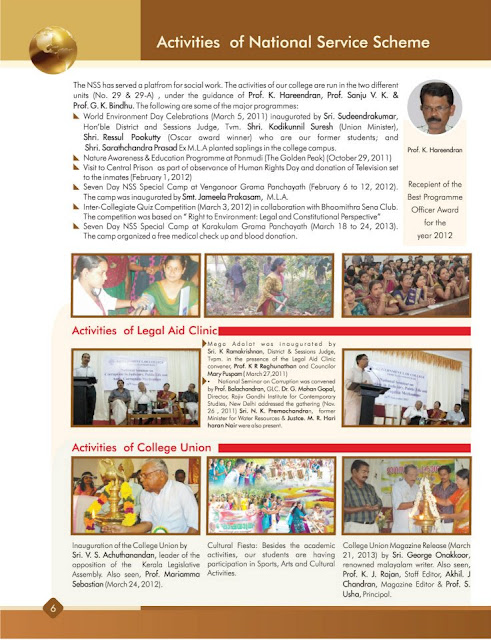.jpg) |
| Justice. J.S Verma |
By Justice V.R krishna Iyer
Jagdish Sharan
Verma was one of the greatest Chief Justices of India. He was more than a judge and will be
remembered for a hundred great things in which he was involved. He comes from Madhya Pradesh as a
distinguished lawyer was elevated as Chief Justice of Madhya Pradesh and also
of the Rajasthan High Court. He was
responsible for the judicial promotion of a collegium which in my view was an
institution of doubtful value. I like him
most not for his collegium judgments but for making a historic and creative contribution
on enunciating principles of judicial good behaviour. Whenever judicial good behaviour was under
question the values formulated by J.S. Verma were the hallmark authoritatively
ever lay down. He stood for judicial
accountability and headed many Commissions on divergent aspects of judicial
conduct and public life. Beyond his
judicial career Justice J.S. Verma’s reports on other dimensions of enquiry
where he was chosen to be Chairman makes this great judge one of the finest
members of the Indian judiciary. I have
had occasion to meet him quite often and admired him for his integrity fearless
and frank opinions and for above all for formulation of what good judicial
behaviour should be. In my humble view
Justice Verma excelled most judges who sat on the Supreme Court in being a
model judge ever ready to serve public causes whenever required by the Republic
of India. Great J.S. Verma, I salute you
though posthumously for your sublime achievements throughout your marvellous
career on the Supreme Court Bench.
(V.R krishna Iyer, eminent jurist, is a former Judge of the Supreme Court of India)
(V.R krishna Iyer, eminent jurist, is a former Judge of the Supreme Court of India)








